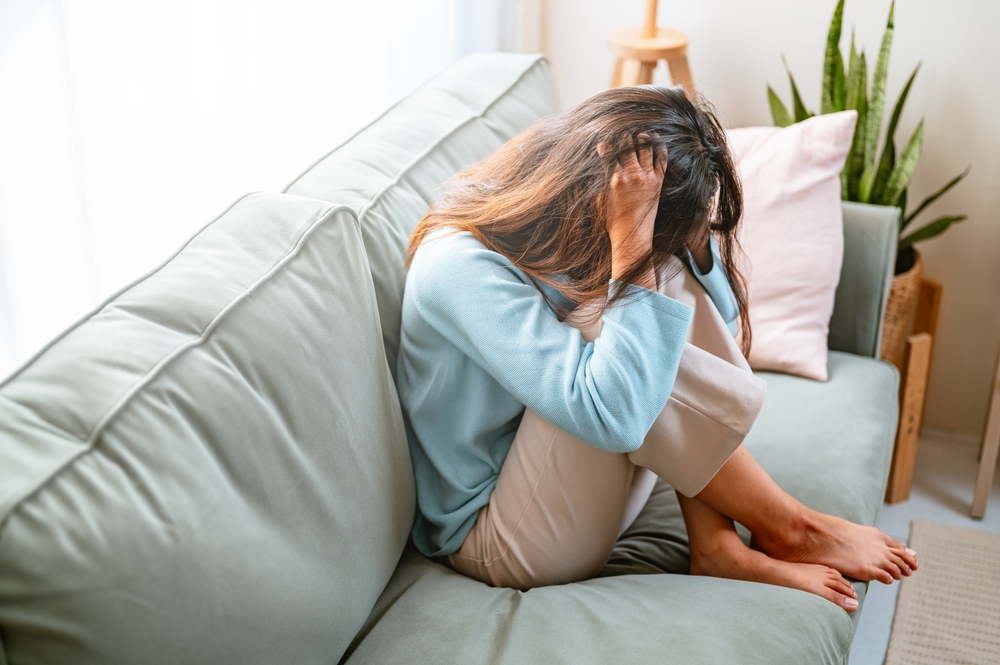In the hustle and bustle of modern life, it’s not uncommon to feel a sense of unease or worry from time to time. However, for some individuals, this normal human experience can escalate into a more persistent and overwhelming phenomenon known as anxiety. Understanding the basics of anxiety, including its impact and manifestations, is crucial for both those experiencing it and those supporting loved ones through it.
Defining Anxiety: A Normal Emotion vs. a Persistent State
Anxiety is a natural human emotion that serves as a built-in alarm system, preparing us to face threatening situations. It is a response to stress, alerting us to potential dangers and helping us stay focused and alert. In its normal form, anxiety is adaptive and can enhance our performance in challenging situations. However, when anxiety becomes chronic or disproportionate to the situation at hand, it transforms from a helpful emotion into a debilitating condition.
The Impact of Anxiety on Mental and Physical Health
One of the first steps in understanding anxiety is recognizing its impact on both mental and physical health. Mental health is affected as anxiety can lead to persistent worry, fear, and a heightened state of alertness. This can interfere with daily functioning, relationships, and overall well-being. Physically, anxiety can manifest in symptoms such as rapid heartbeat, shortness of breath, muscle tension, and digestive issues.
Long-term exposure to anxiety can contribute to more severe mental health conditions, including depression and other mood disorders. Additionally, chronic anxiety is associated with an increased risk of various physical health issues, such as cardiovascular problems and compromised immune function. Recognizing the interconnectedness of mental and physical health is vital for understanding the full scope of anxiety’s impact.
Common Manifestations of Anxiety
Anxiety can manifest in a variety of ways, and its symptoms can vary from person to person. Some individuals primarily experience cognitive symptoms, including excessive worry, racing thoughts, and difficulty concentrating. Others may predominantly exhibit emotional symptoms such as irritability, restlessness, and a pervasive sense of dread. The physical symptoms of anxiety, as mentioned earlier, can include trembling, sweating, and gastrointestinal distress.
Behavioral manifestations of anxiety are equally diverse. Avoidance of certain situations or people, changes in sleep patterns, and seeking reassurance are common behavioral responses to anxiety. It’s crucial to recognize that these manifestations are not signs of weakness but rather adaptive strategies individuals employ to cope with overwhelming feelings of fear and apprehension.
Different Types of Anxiety Disorders
Anxiety is not a one-size-fits-all experience; instead, it encompasses a spectrum of disorders, each with its unique features. Generalized Anxiety Disorder (GAD), characterized by persistent and excessive worry, is one common form. Social Anxiety Disorder involves an intense fear of social situations and scrutiny by others. Panic Disorder is marked by sudden and recurrent panic attacks, while Specific Phobias involve intense fears of specific objects or situations.
Understanding these distinctions is vital for accurate diagnosis and effective treatment. Each type of anxiety disorder may require a tailored approach to address its specific challenges and triggers.
Seeking Help and Building Resilience
If you or someone you know is struggling with anxiety, seeking professional help is a crucial step toward understanding and managing this condition. Mental health professionals, such as psychologists and therapists, can provide valuable support and guidance. Additionally, lifestyle factors like regular exercise, a balanced diet, and sufficient sleep can contribute to overall well-being and resilience against the impact of anxiety.
Mental Health Haven Is Here To Support You
Anxiety is a complex and multifaceted phenomenon with far-reaching effects on mental and physical health. By understanding its basics, recognizing its manifestations, and seeking appropriate help, individuals can begin the journey toward managing anxiety and fostering a healthier, more balanced life. Together, we can work towards destigmatizing anxiety and creating a supportive environment where those affected can thrive.
Mental Health Haven has successfully provided integrative and holistic psychiatry services for many years to Stuart, FL, and the surrounding communities. With a focus on promoting overall mental health, nurse practitioner Chambers can help you find understanding and relief in person or through virtual appointments. Schedule your appointment and find out more by calling or texting 772-302-4352.






